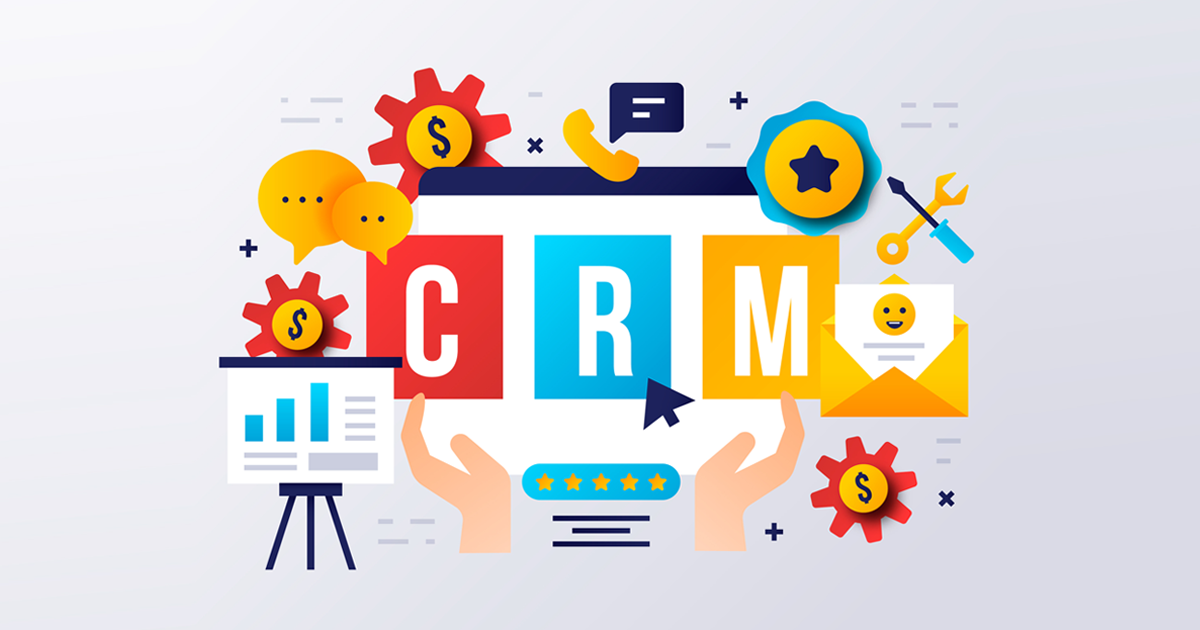
CRMS for Small Nonprofits
August 28 2023Small nonprofits face many challenges in pursuing their mission and goals. They typically have more limited resources and manpower than larger organizations and thus require more efficient and intelligent tools to manage and grow their operations. In this regard, a customer relationship management system (CRMS) is a powerful tool that can help small nonprofits improve the efficiency of their operations, enhance engagement with supporters, and achieve sustainable growth. This article will explore the use of a CRMS in a small nonprofit organization and describe the benefits and best practices it brings.

Introduction to CRMS
A customer relationship management system is a software tool used to manage and track relationships between an organization and its customers, supporters, and donors. It helps organizations centrally manage information about interactions with individuals and organizations, donation records, event participation, and communication history. A CRMS provides a centralized platform that enables organizations to better understand and communicate and interact with their key stakeholders.
1. Application of CRMS in small non-profit organizations
1. Donor and supporter management
CRMS small nonprofits can help small nonprofits better manage and track donor and supporter information. It can record donation history, donation amount and frequency, and communication records with donors. With this information, organizations can better understand their donors' needs and interests and develop personalized strategies to engage and fundraise with them.
2). Event Management
A CRMS can help small nonprofits better manage and promote their activities. It can record the details of the event, including date, time, location and number of participants, etc. With a CRMS, organizations can better track the progress of events and communicate and interact with participants. Additionally, a CRMS can also help organizations assess the effectiveness of campaigns and make improvements based on feedback and data.
3). Communication and interaction
A CRMS can provide a centralized platform that enables organizations to better communicate and engage with their constituencies and stakeholders. With a CRMS, organizations can send personalized emails, text messages and social media messages and track and measure their effectiveness. In addition, CRMS can also help organizations better understand the needs and interests of their audiences in order to provide more targeted information and services.
2. Benefits and best practices of CRMS
1). Improve efficiency
A CRMS can help small nonprofits improve the efficiency of their operations. By centrally managing and tracking interactions with donors, supporters and stakeholders, organizations can make better use of their resources and people and deliver more efficient services.
2). Enhance interaction and participation
With a CRMS, small nonprofits can better interact and engage with their supporters and stakeholders. Personalized communication and interaction can enhance their engagement and loyalty, thereby promoting the growth and sustainability of the organization.
3). Data-driven decision-making
A CRMS provides rich data and analytics capabilities that can help small nonprofits make data-based decisions. By analyzing data such as donation history, event participation, and communication effectiveness, organizations can better understand the health of their operations and optimize and improve based on the data.
There are some best practices that small nonprofits should follow when applying a CRMS. First, choose a CRMS that fits your organization's needs and budget. Second, ensure the accuracy and completeness of the data in order to better utilize the capabilities of the CRMS. Additionally, training and supporting organizational members in the use of the CRMS is critical.
In conclusion, a CRM Software is a powerful tool for small nonprofits that can help them improve operational efficiency, enhance engagement with supporters, and achieve sustainable growth. With the proper application of a CRMS, small nonprofits can better manage and grow their operations and achieve their mission and goals. Therefore, for small nonprofits, a CRMS is an important tool to invest in and leverage.








